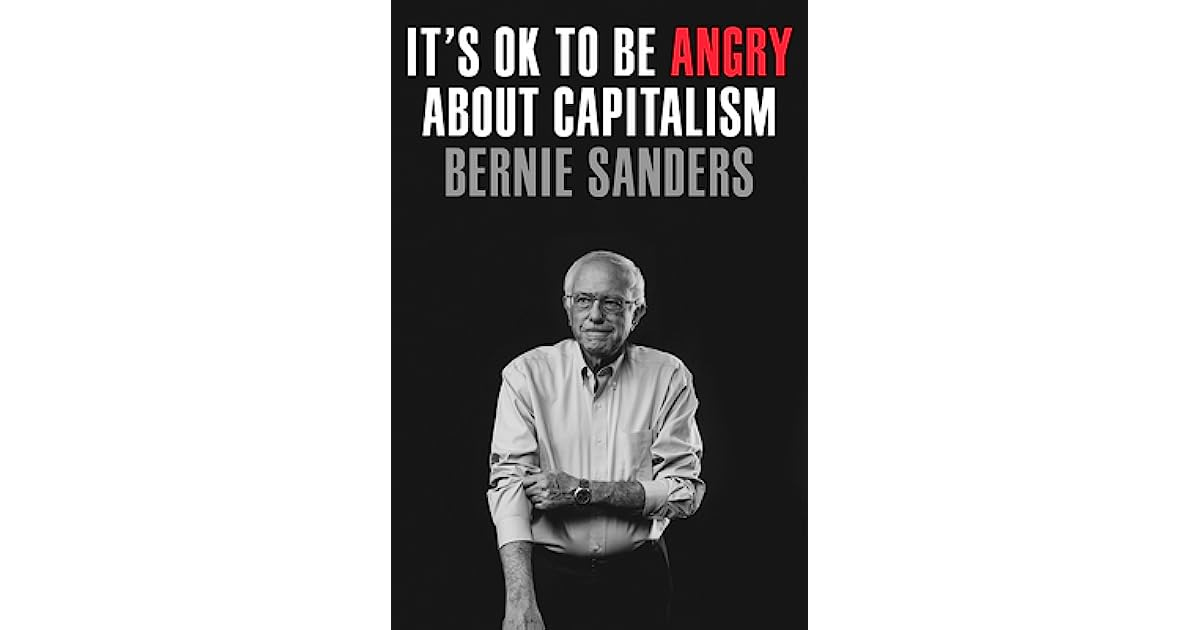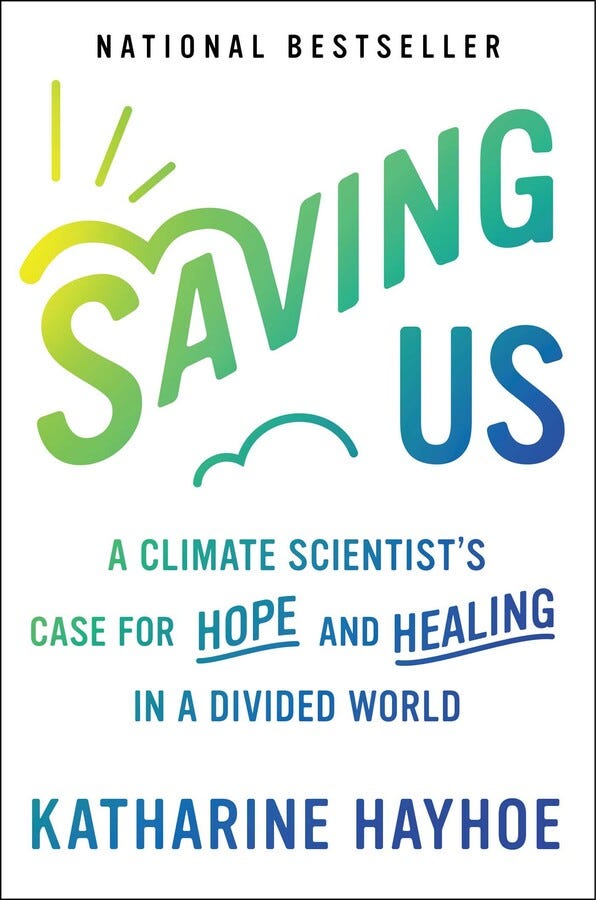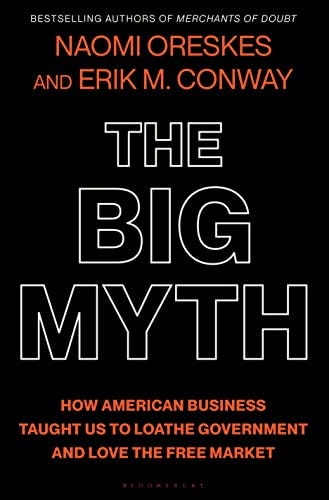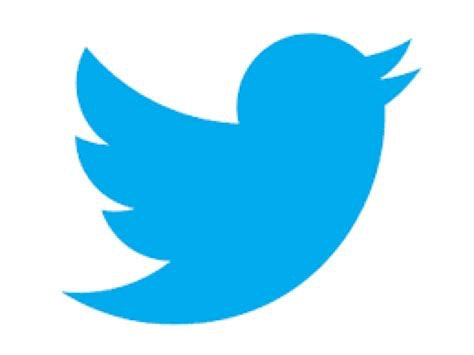It has often been said, “So many books! So little time!” So true, so true. I would have liked to spend a whole Substack post reviewing each of these books. They are all outstanding and deserve in-depth consideration. But I need to catch up on all the books in my review stack. So I hope these brief reviews give you a bit of information on these books and perhaps inspire you to check them out for yourselves.
It’s OK To Be Angry About Capitalism
Bernie Sanders with John Nichols
Crown 2023
320 pages
Bernie Sanders has always been the embodiment of the liberal, New Deal ideal. From the beginning of his political career during his tenure as mayor of Burlington, Vermont in the early 1980s, the Democratic Socialist has advocated for unions, civil rights, women’s rights, and the environment. He has authored or co-authored about a half dozen books in which he takes aim at corporate greed and urges his fellow Americans to unite and make a better country for all of us. In It’s OK To Be Angry About Capitalism, his latest book, Sanders once again has big business and its malfeasance in his sights.
With the first few chapters, Sanders recounts his recent campaigns for president, his heart attack, and other goings on. We even get his take on the mittens meme. With the maelstrom of politics since 2016—the erratic presidency of Donald Trump, the Supreme Court upending the liberal status quo, even an attempted coup—it’s easy to forget that Sanders was a popular and serious candidate. Sanders writes of his friendship and regard for Joe Biden; nonetheless he criticizes the 46th President for his lack of support for unions.
In the remainder of the book, Sanders delves into the different segments of our economy, from food production to education, and demonstrates how the unfettering of the capitalist system since the early 1980s has left the average American less economically secure and further enriched the ultra wealthy. After reading this book, I think even the staunchest defender of the status quo would have to admit that some things need to change.
For me, the most appalling chapters were the ones on healthcare and the media. We Americans pay way more for our healthcare system than folks in similarly developed countries. The concentration of wealth and power in the media stifles journalism and skews debate on a range of subjects, from Social Security to the environment.
The tone of the book is extemporaneous without being breezy. Sanders’ voice comes through in a friendly way. My guess is that a great deal of the book was created by Sanders simply talking to Nichols, and the transcripts being carefully edited for the text of this book.
Saving Us: A Climate Scientist’s Case For Hope and Healing In a Divided World
Katharine Hayhoe
Atria 2021
307 pages
Going back 15 years or so, many of the books on climate change focused on the science of global warming, explaining John Tyndall’s 19th century discovery of the heat trapping capabilities of carbon dioxide as well as the implications of increasing levels CO2 in our atmosphere: rising seas, retreating glaciers, more severe storms, etc. As we are seeing more and more evidence of our planet heating up, authors are now writing about what we can do to mitigate the disaster that we have created. These range from the tech fixes offered by Bill Gates to George Monbiot advocating for regenerative agriculture.
We need lots of dedicated people working on these solutions—farmers adopting regenerative farming practices, gearheads developing better batteries and green infrastructure, and architects and city planners designing more livable cities—but we also need the societal and political will to turn away from fossil fuels. With Saving Us: A Climate Scientist’s Case For Hope and Healing In a Divided World Katharine Hayhoe gives us a guide in the ways to engage others in productive dialogue on global heating and thus building the societal and political will to make the changes this world needs.
Hayhoe is a climate scientist by training, with a Ph.D. in atmospheric sciences and over 125 peer-reviewed scientific papers, abstracts, and other papers published in her name. And yet she is far from being a dry academic who just spills out scientific studies, facts and figures. In these pages she reveals herself as someone with a big heart and having a great deal of insight into human behavior. Much of the book is informed by her deep Evangelical faith.
In describing the current state of the public being informed on the climate crisis, the Canadian native goes beyond the dichotomy of climate realist/denialist that we often see in the press. When you look at what people really believe, acceptance of the science of global heating runs the full gamut from “informed and very concerned” to the MAGA “climate change is a conspiracy”. The good news is that a majority of folks are either very concerned or at least somewhat concerned about our heating of the globe.
For the absolute MAGA-hat-wearing individuals, there may be no moving them, and Hayhoe advises that it is a fool’s errand to even engage with these folks, giving a few examples of her personal experiences of being screamed at or confronted with brick walls when people are unwilling to listen. But for other folks there is hope in bringing them around, and Hayhoe’s prescription for getting them on-board is the simplest thing possible. Just talk to folks with kindness.
Talking is not preaching. It is not loading people with facts and statistics. The author definitely advises to steer clear of blame and doom and gloom. As Hayhoe relates throughout the book, through her personal experiences of her work and her confrontations with denialists, it requires just as much listening—finding individuals’ interests and what matters to them—as it does speaking and informing.
If you’re looking for a bit of inspiration in finding how you can make a difference in our climate battle, Saving Us is possibly one of the best books you can start with.
The Big Myth: How American Business Taught Us to Loathe Government and Love the Free Market
Naomi Oreskes and Eric M. Conway
Bloomsbury Publishing 2023
576 pages
You won’t find personal anecdotes in The Big Myth: How American Business Taught Us to Loathe Government and Love the Free Market Naomi Oreskes and Erik M. Conway’s investigation into the manipulations, marketing, and mendacity that big business has engaged in, and continues to engage in, to make greater and greater profits.
With exhaustive research and a keen ability to tie it all together, Oreskes and Conway established themselves as among the best authors of investigative journalism with their 2011 Merchants of Doubt, their exposé of the lies spread by the fossil fuel industry to sow doubt about climate change. The two continue in the same vein as they reveal an unrelenting campaign, lasting across generations, by big business to keep their practices unfettered by regulations.
The two authors describe some of the same methods—establishing industry funded “think tanks” and putting “experts” on their payroll—that Big Tobacco and the fossil fuel industry used to deceive the public have been used by industry to fight child labor laws, product safety, unions, and other things that interfere with their bottom line. Industries have employed the same rhetoric again and again. The market is inherently good, self-regulating by nature, while any regulation to make products or business practices safer or decrease pollution is disparaged as “big government.”
Oreskes and Conway reveal Friedrich Hayek and Milton Friedman, who authored the gospels of free market capitalism, to be products of the very system they glorified, men whose renown would have been impossible without the sponsorship and support of big business.
By 1980, when Ronald Reagan, the former spokesman for General Electric—which promulgated some of the most orthodox free market propaganda—became president, the conversion of the American mind to the faith of free market capitalism was nearly complete, and big business got more of what they wanted from both Republicans and Democrats. The deregulation that the financial sector wanted allowed them to make billions in profits, but also gave us the housing crisis. Thought to be a settled matter decades ago, that children should be safe and not ill treated if and when they work, child labor laws are now being loosened across the country. And I just read this morning of a teen dying in a sawmill accident in Wisconsin.
Special Summer Offer! This offer is good for free subscribers who actually read this newsletter. If you’ve made it this far, you’re a real reader, so I’m offering you a special discount to convert from free to paid. Normally $40.00/year, The Green Dispatch is being offered as a special discount of only $30.00/year, a savings of 25 percent! This is the lowest yearly rate that Substack will allow. You won’t find greater savings. This special is offered for one week. Just click below.








